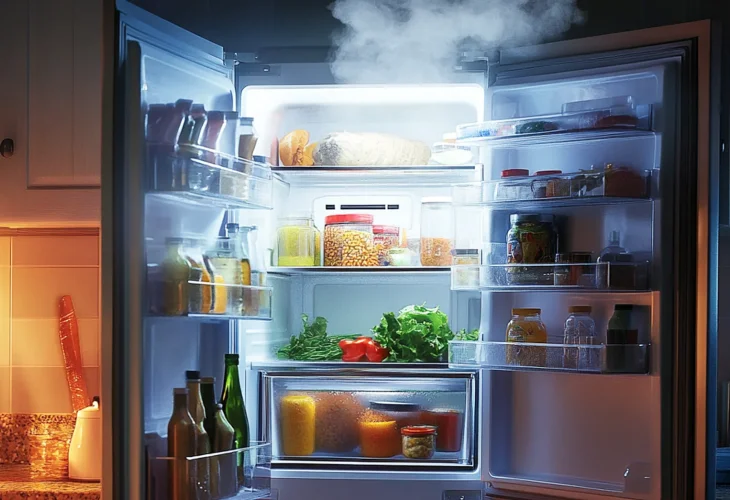Health and Nutrition
Best Foods to Eat Before Bed for Deep, Restful Sleep
Discover the top sleep-friendly foods and nighttime habits that support melatonin production, relax the body, and improve overall sleep quality

If you find it hard to fall asleep or wake up feeling tired, your daily diet could be affecting your sleep quality. Eating the right foods can make the difference between a restless night and a deep, restorative sleep. Certain foods contain nutrients that support the production of hormones that regulate your sleep cycles and help you fall asleep more easily.
Best Foods to Eat Before Bedtime
Oats and buckwheat are excellent choices before bed. They’re rich in complex carbohydrates and dietary fiber, which help balance blood sugar levels, making it easier to fall asleep and promoting a gentle feeling of fullness. Calming herbal teas also help, due to their relaxing effect on the nervous system and ability to reduce stress before sleep.
Fatty fish like salmon, mackerel, and tuna are great options for a light dinner. They’re high in omega-3s, which help regulate serotonin levels, positively influencing sleep quality. For something lighter, warm milk is a traditional sleep aid due to its tryptophan content —an amino acid that supports melatonin production. Sweet potatoes are another sleep-friendly food, rich in magnesium and potassium, which help relax muscles and reduce tension.
For fruit lovers, bananas are a great bedtime snack. They contain both tryptophan and magnesium, making them ideal for promoting calm and restful sleep.
Foods to Avoid in the Evening
Some foods and drinks can interfere with your ability to fall asleep. Beverages with caffeine such as coffee, black tea, and energy drinks, can cause overstimulation and make it difficult to wind down. Alcohol, despite initially inducing drowsiness, disrupts deep sleep later in the night. Spicy foods should also be avoided, as they can trigger heartburn or a warming sensation that makes it harder to fall asleep.
Tips for Better Sleep Hygiene
To improve sleep quality, it's important to practice good sleep hygiene. Dim your lights at least two hours before bed, avoid screens before sleep, and keep your bedroom completely dark. Morning exposure to natural sunlight also helps regulate your internal body clock and supports a healthy sleep-wake cycle.
By making a few simple changes to your evening diet and routine, you can significantly boost your chances of enjoying deep, uninterrupted sleep.

